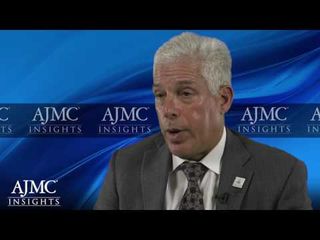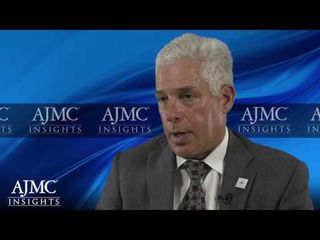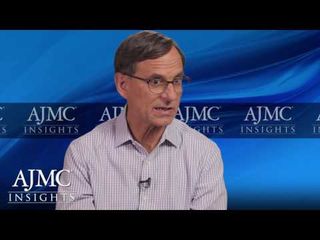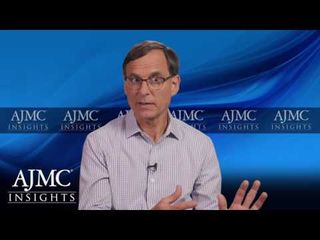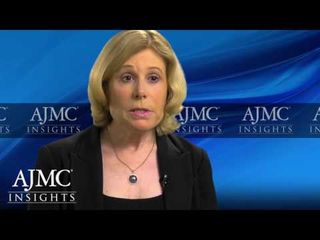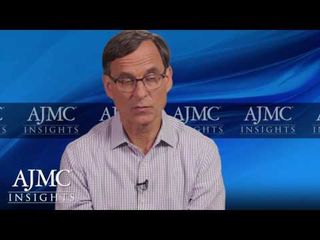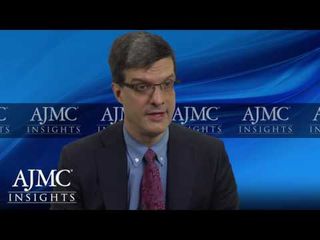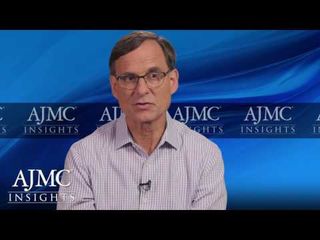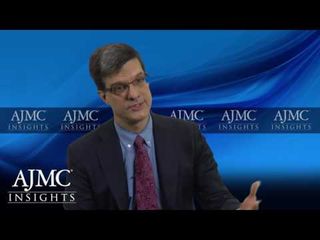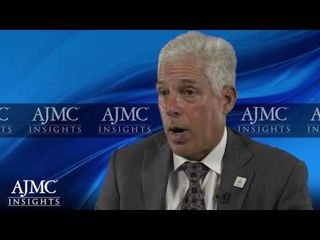
Health Care Cost
Latest News

Latest Videos

CME Content
More News

With the number of treatment options in hematology and oncology rapidly expanding, so too are the strategies for determining and ensuring cost-effectiveness, according to session speakers at the European Hematology Association (EHA) 2023 Congress.

Lower socioeconomic status (SES) was not linked with hidradenitis suppurativa (HS) in minors, but was associated with obesity and tobacco use in this age group.

Much work is needed to address inequities and gaps in care access for patients with acute myeloid leukemia (AML), said Jeffrey Lancet, MD, chair of the Department of Malignant Hematology at Moffitt Cancer Center.

This counterfactual simulation study on a nationally representative sample of the working population with musculoskeletal conditions estimated the value of patient-initiated virtual physical therapy.

The Mark Cuban Cost Plus Drug Company, an online pharmacy dedicated to increasing access to lower-cost prescriptions, is partnering with Coherus Biosciences to distribute Yusimry, a biosimilar referencing Humira. It’s the first time the pharmacy has added a biosimilar to its list of drugs.

According to a spokesperson, Merck is prepared to take the lawsuit to the Supreme Court as it challenges drug price negotiations as part of the Inflation Reduction Act.

Merck sues to stop Medicare drug price negotiations; doctors delay lifesaving therapies due to cancer drug shortages; a federal appeals court will hear Affordable Care Act coverage prevention case.

When multiple trastuzumab biosimilars entered the US market in quick succession, they were able to do something other biosimilars have not in the United States: drive down the cost of the originator biologic.

The sharp reduction in costs for hospitalization from respiratory syncytial virus (RSV) in infants 3 months and younger after the COVID-19 pandemic outweighed the cost increase for children aged 3 to 24 months.

Health restrictions on transgender adults and children; weight-loss companies to include obesity drugs; hormone patches or creams for menopause may have lower blood pressure risk than pills

With Medicare-aged Americans accounting for over 15% of the population and significant health care costs, stakeholders have leveraged various approaches, including the Medicare Current Beneficiary Survey, for estimating costs.

Deemed the “Medicare” effect, patients aged 65 years who have Medicare coverage had an increased incidence of head and neck squamous cell carcinoma (HNSCC) but were less likely to receive a late-stage diagnosis and had lower mortality rates.

New research has found the 340B program is slowing uptake of biosimilars by incentivizing use of more expensive biologics.

Using propensity score matching in a US nationally representative sample, authors found the effect of nonadherence to diabetes guidelines on health care expenditures of patients with diabetes.

Debt limit deal will not effect Medicaid; a national safety board may make health care safer; experimental hemophilia therapy reduces bleeding.
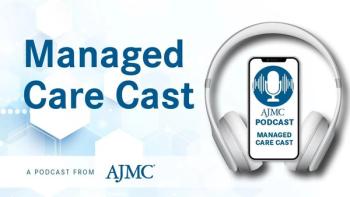
On this episode of Managed Care Cast, we speak with the lead researcher from a study published in the May 2023 issue of The American Journal of Managed Care® about the impact of low-income subsidies on the uptake and equitable use of expensive orally administered antimyeloma therapy.

AHIP president and CEO Matthew Eyles will step down later this year; the House Energy and Commerce Committee moved a series of health care measures concerning pharmacy benefit managers (PBMs); US debt default could stop FDA drug and device reviews, said FDA chief.
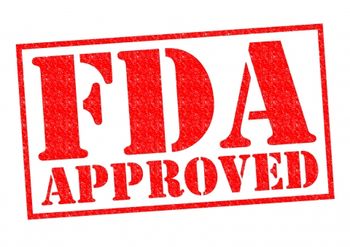
The FDA approved Celltrion Healthcare’s Yuflyma (adalimumab-aaty), which is a high-concentration, citrate-free formulation.

Although lack of routine testing and limitations to current diagnostic testing likely lead to underreporting of respiratory syncytial virus, RSV still poses a substantial economic burden.

Blue Cross Blue Shield in Massachusetts sets agreement with Tufts Medicine using equity benchmarks; drug prices covered by Medicaid to undergo yearly audit; South Carolina abortion ban headed to governor as Planned Parenthood announces national staff cutbacks to shift resources to the states.
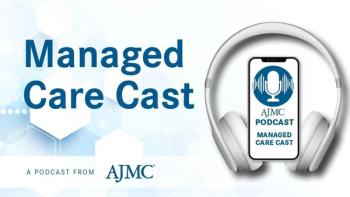
On this episode of Managed Care Cast, we feature several leaders in diversity, equity, and inclusion advancing health equity in their respective organization’s policy and practice initiatives.

The World Health Organization (WHO) prepares for the next pandemic; new restrictions on reproductive health services in the South; Thermo Fisher Scientific receives FDA approval for a first-of-its-kind preeclampsia test.

Researchers took both the learning curve of the new process and the COVID-19 pandemic into consideration.

Compared with first-line immunotherapy or chemotherapy alone, combination chemoimmunotherapy for advanced/metastatic non–small cell lung cancer has significantly higher antineoplastic drug and associated medical costs.

WHO urges caution regarding artificial intelligence (AI) bias; South Carolina ban would restrict abortion at 6 weeks; appeals court pauses ruling barring free preventative health services.



